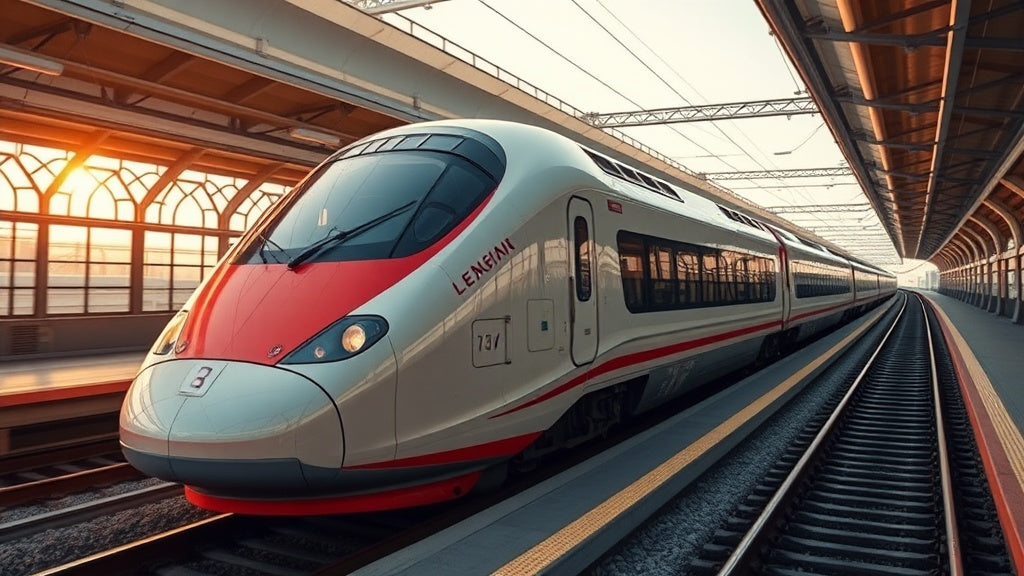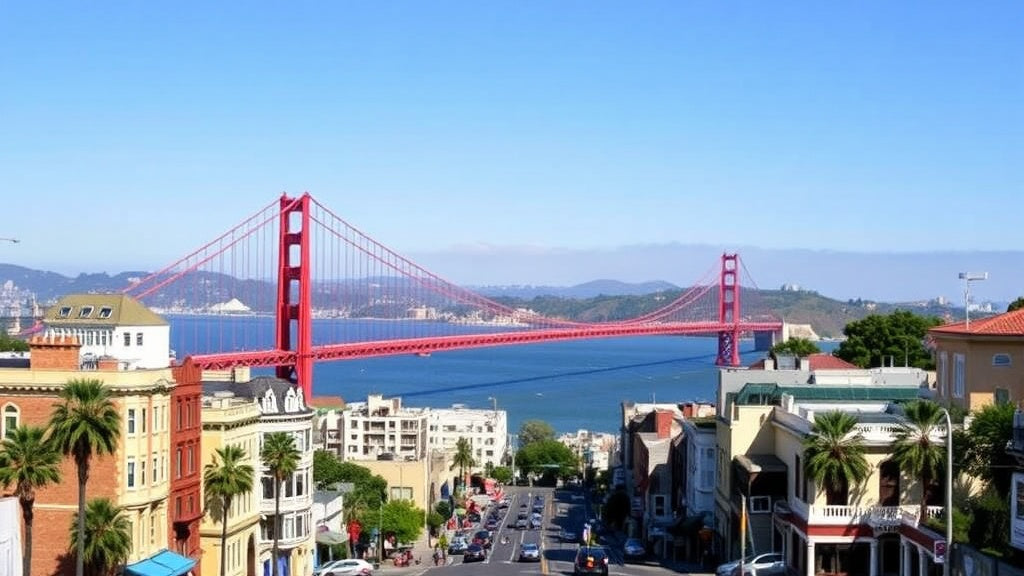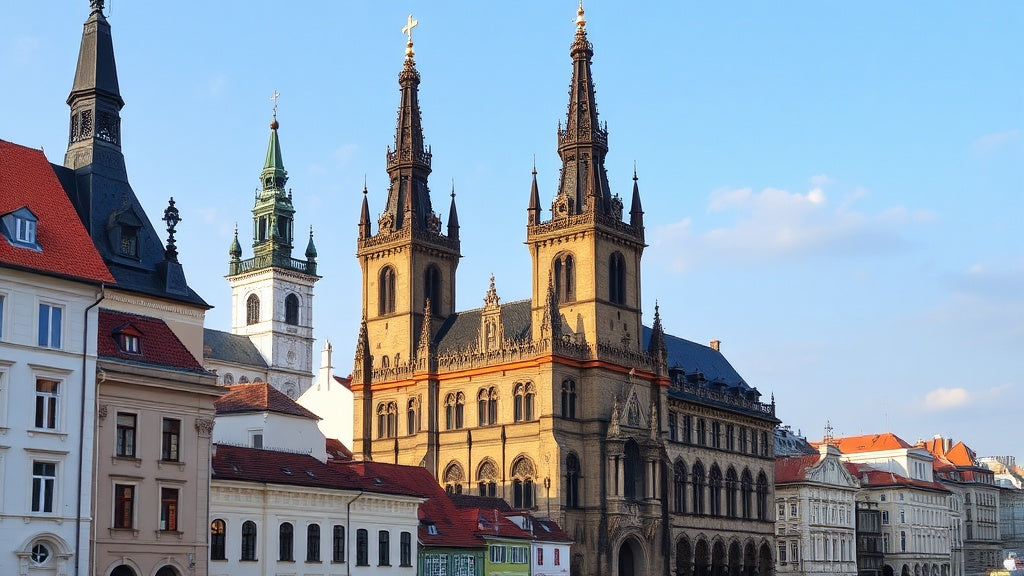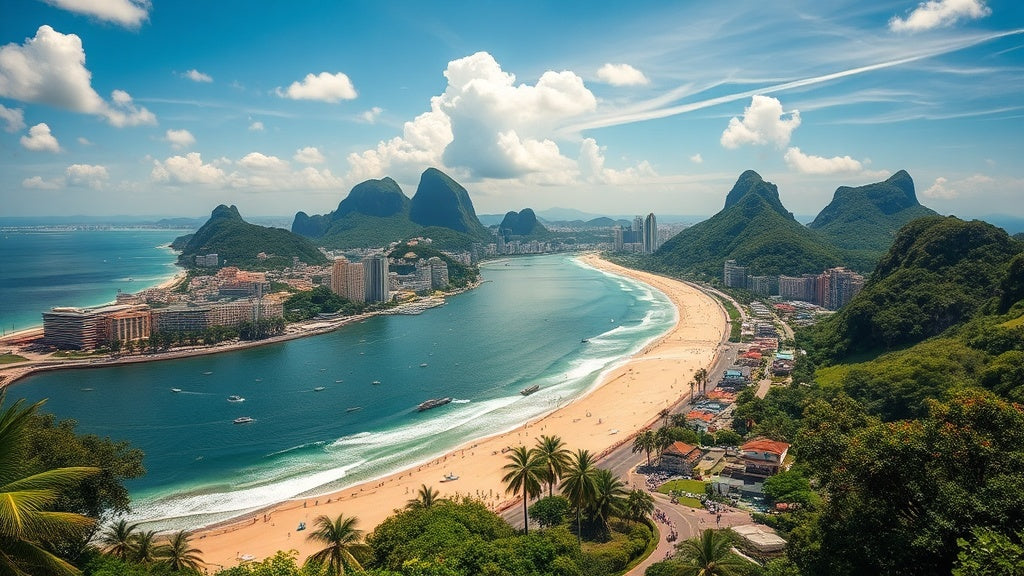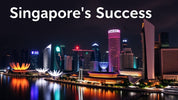
Singapore's Success: Strategies Behind Asia's Wealthiest Nation's Rise and Future Prospects
, by Unboxify, 4 min reading time

, by Unboxify, 4 min reading time
This tiny island nation is smaller than New York City, but it's the wealthiest country in Asia and one of the richest in the world. Its GDP per capita has surpassed the likes of the UK, the US, France, and other developed countries. Over six decades, Singapore has transformed itself from a colonial trading port to a buzzing financial center that's envied the world over. And it's held up as an example for any country seeking to grow a robust, high-tech economy. But what's Singapore's formula for success? And as its leadership changes for the first time in 20 years, can it continue to prosper?
When Singapore became independent in 1965, its first prime minister, Lee Kuan Yew, and other founding leaders recognized an enormous economic challenge: the country had no natural resources. To develop an export-led economy and attract foreign capital, they focused on building up the country's manufacturing industry.
Singapore's strategic location gave it an edge. Access to the Strait of Malacca, the Indian Ocean, and the South China Sea made it a pivotal shipping hub. Initially, Singapore transformed into a manufacturing base with a focus on labor-intensive industries to combat high unemployment.
However, manufacturing was just a stepping stone for Lee Kuan Yew. He laid the basics for a solid financial and legal system, a stable and largely clean government, an efficient public transport system, and world-class healthcare infrastructure.
In the 1980s, Lee Kuan Yew started laying the groundwork for what is now Singapore's biggest source of wealth: finance. Following the lead of places like the US and UK, he liberalized the financial services industry by introducing lighter touch regulations.
The impact of these reforms is clear today:
Lee Kuan Yew’s successor, Goh Chok Tong, continued this pro-business stance. Under his tenure, the focus shifted toward a knowledge-based economy, emphasizing creativity and entrepreneurship. This commitment was upheld further when Lee Hsien Loong, Lee Kuan Yew's eldest son, took over as Prime Minister in 2004. He aimed to make Singapore even more attractive to businesses and residents alike.
With its prime location, Singapore had to become a destination in itself. A key move was the ambitious land reclamation project initiated in the 1970s. Over the years, the reclaimed land was filled with offices, apartments, and entertainment hubs, transforming the city skyline.
Notable initiatives include:
The impeccable timing of these changes coincided with the economic boom in China and India. Singapore was ideally positioned to attract the region's ultra-wealthy, who were not only drawn to its casinos and nightlife but also saw it as a safe place to park their money. This strategy paid off handsomely, with the total value of assets under management in Singapore soaring from $420 billion at the start of Lee Hsien Loong’s tenure to $3.6 trillion in 2022.
While Singapore has enjoyed tremendous economic success, its leadership has also faced criticism for curbing civil liberties and media freedom. Neither freedom of the press nor freedom of expression has been prioritized, leading to a climate of fear under Lee Kuan Yew's governance.
Protests remain largely illegal, and the government maintains a tight grip on the population. However, Singapore's diverse and vocal populace is gradually demanding more freedoms and transparency.
Lawrence Wong, who is set to become the country’s new prime minister, inherits a Singapore that faces several pressing issues. These include managing public discontent about the high cost of living and housing prices, addressing concerns about the inflow of foreign labor, and tackling the challenges of an aging population.
Wong, who earned praise for his leadership during the COVID-19 pandemic, is seen as having a common man's touch. He has advocated for building on Singapore’s strengths and reinforcing what works well for the country.
Wong acknowledges that sustaining Singapore’s growth as a tech hub and ensuring continued economic prosperity will not be easy. The government is focused on staying competitive while also addressing citizens' concerns. With climate change emerging as a threat to national security, there is additional urgency for foresighted planning and innovation.
Singapore's meteoric rise from a small colonial trading post to one of the world's wealthiest nations is a testament to visionary leadership and strategic planning. As the nation undergoes a leadership transition, the challenges ahead are significant, but so are the opportunities. With a commitment to innovation, inclusivity, and sustainable growth, Singapore is poised to continue its remarkable journey into the future.




